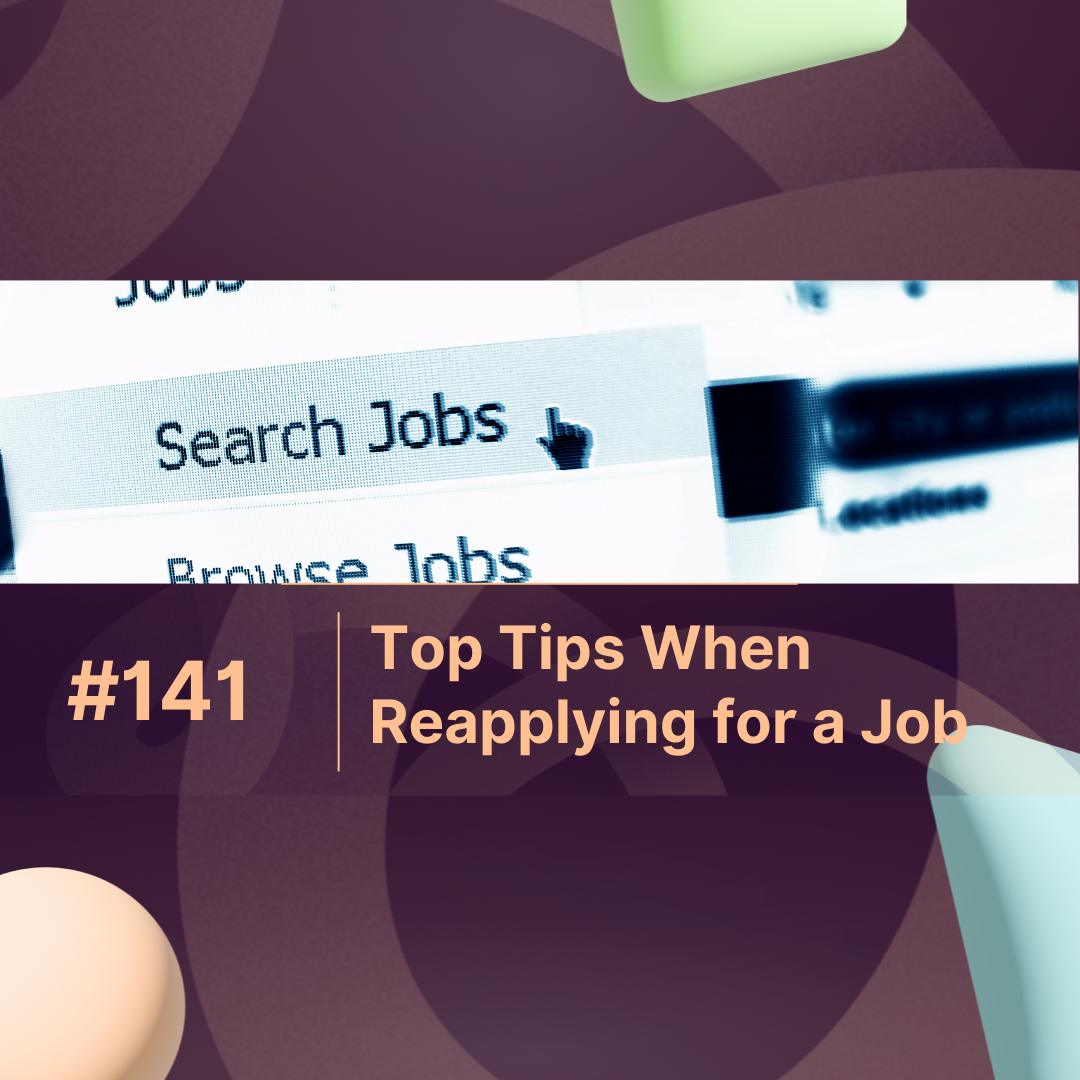Overview
What does it take to achieve lasting career success in a world reshaped by remote work, automation, and generative AI? It’s not just about skills—it’s about habits. This guide outlines 10 proven habits that fuel consistent career growth and recognition, backed by research and professional consensus.
1. Set Clear, Measurable Goals
Successful professionals don’t drift—they drive. They define quarterly, annual, and 5-year goals.
Why it works: According to a LinkedIn study, professionals with written goals are 42% more likely to succeed. Goal-setting promotes focus, clarity, and accountability.
2. Embrace Lifelong Learning
Career success now depends on adaptability. Learning keeps your skills sharp and your relevance high.
Tip: Dedicate 30 minutes daily to reading, taking an online course, or engaging in thought-leader content on platforms like Coursera or LinkedIn Learning.
3. Master Time Management
High achievers prioritize deep work, block distractions, and use tools like the Eisenhower Matrix.
| Time Usage Habit | Career Impact Score (0–10) |
|---|---|
| Time-blocking | 9 |
| Task batching | 8 |
| Multitasking | 3 |
4. Seek Feedback Early & Often
Feedback isn’t criticism it’s a shortcut to improvement. Top performers proactively ask for input and act on it.
Pro Move: Ask your manager quarterly: “What’s one thing I could do better?”
5. Build a Powerful Network
Your network is your net worth. According to Harvard Business Review, 85% of jobs are filled via networking.
Action Step: Nurture 3–5 weak ties monthly on LinkedIn through thoughtful comments or DMs.
6. Document Your Wins
Track achievements in a “brag doc.” It’s not arrogance—it’s evidence. This makes performance reviews, promotions, and interviews far easier.
7. Stay Adaptable
Change is the new constant. Career success now means staying flexible amid layoffs, new technologies, or role shifts.
Example: Professionals who upskilled in AI tools in 2024 saw a 17% average salary increase.
8. Practice Self-Reflection
Take 10 minutes weekly to reflect on what worked, what didn’t, and what you’d change. This habit builds emotional intelligence (EQ)—a top skill in leadership.
9. Develop Executive Presence
This includes how you speak, write, present, and carry yourself. Leaders are made, not born—and executive presence can be learned.
Quick Fix: Watch your filler words. Replace “um” with intentional pauses.
10. Prioritize Wellbeing
Burnout kills momentum. Career success is sustainable only when energy, health, and balance are protected.
Key Practices:
-
7+ hours of sleep
-
Active breaks every 90 minutes
-
Scheduled digital detox blocks
Conclusion: Small Habits → Big Results
Long-term career success isn’t about luck or hustle alone. It’s built on consistent, compounding habits that support growth, adaptability, and visibility. Start with one habit from this list, build momentum, and evolve as your career scales.
FAQs
What are the top skills for career success in 2025?
Adaptability, communication, AI tool proficiency, and emotional intelligence top the list.
How long does it take to develop career-advancing habits?
Experts suggest 60–90 days of consistency to fully integrate a new career habit.
Is networking still effective in an AI-driven job market?
Absolutely. Even with AI, hiring remains deeply human—relationships drive referrals.
How can I track my career growth effectively?
Use tools like Notion, Google Sheets, or dedicated career journaling apps to log milestones and feedback.



